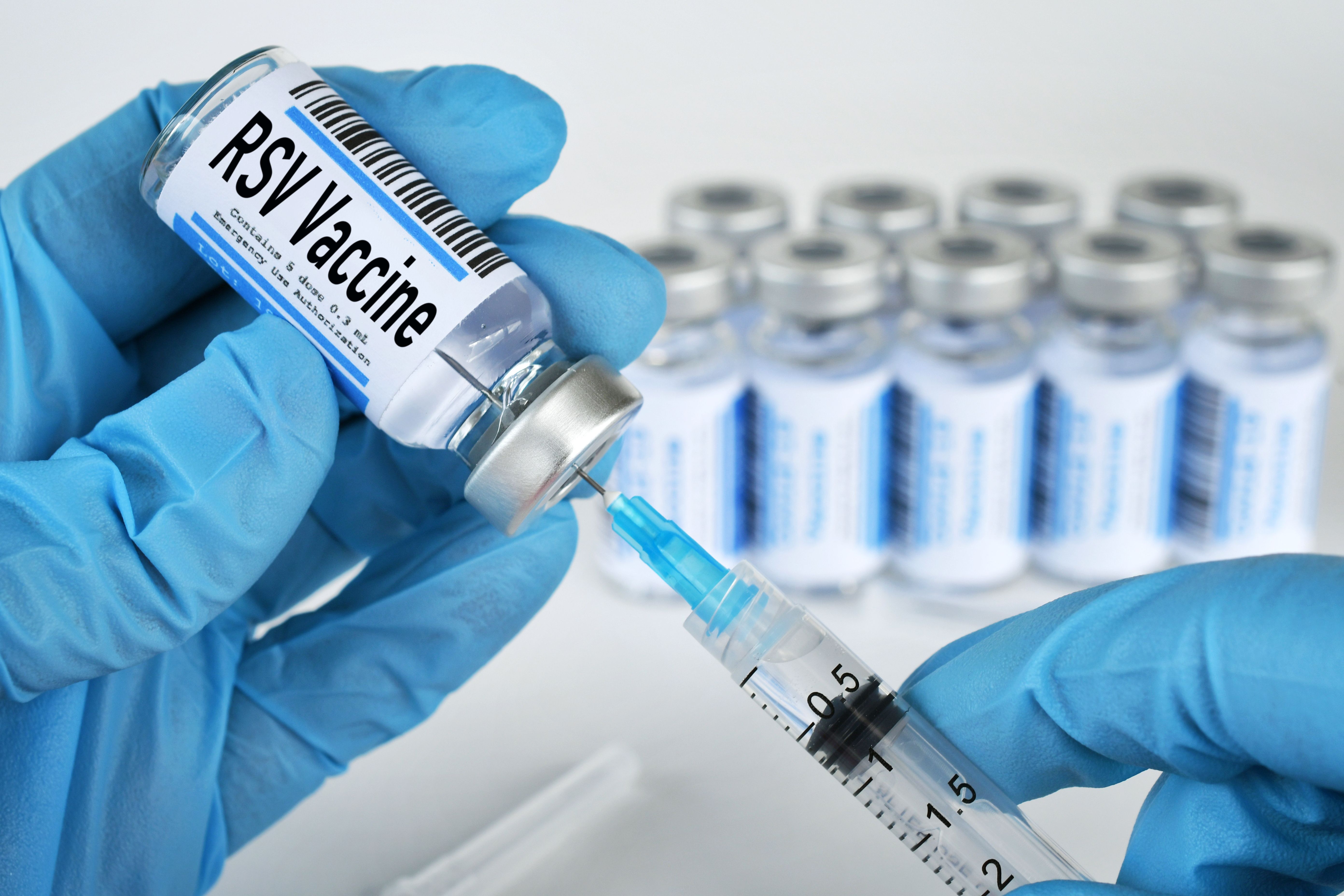- Center on Health Equity & Access
- Clinical
- Health Care Cost
- Health Care Delivery
- Insurance
- Policy
- Technology
- Value-Based Care
Sixty Percent of Adults Over 50 Unaware of RSV Risks, Survey Reveals
A new survey highlights lack of awareness about respiratory syncytial virus (RSV) among older adults, posing increased health risks for those with chronic conditions.
A recent survey conducted by GSK reveals that 60% of adults over the age of 50 years are unaware of respiratory syncytial virus (RSV) and its potential health risks. This lack of awareness is particularly concerning for individuals with chronic conditions, who are at a higher risk of severe infection.1

The findings highlight the need for increased education and awareness campaigns to inform older adults about RSV, its symptoms, and preventive measures.
“RSV is a major cause of respiratory illness in adults aged 50 and above, but these results indicate that more education is needed to ensure the burden of disease is understood,” said Jane Barratt, global advisor, International Federation on Ageing, Canada, in a statement.
The RSV Public Awareness Survey was an online survey conducted in June 2024 and included 3516 adults 50 years and older in Australia, Canada, Brazil, and France.2
Respondents were selected to represent a broad demographic, particularly those with chronic conditions who are at higher risk for severe RSV infection. Participants answered 21 questions regarding their awareness of RSV, their recent experiences with respiratory infections, and the impact of these infections on their daily lives and work.
The survey aimed to highlight the gap in awareness about RSV among older adults and its impact on those with preexisting health conditions. The data gathered provided insights into the prevalence of respiratory infections and their effects on the quality of life of at-risk populations.1
The GSK survey revealed several key findings about the awareness and impact of RSV among adults over the age of 50 years:
Low Awareness of RSV
Sixty percent of the surveyed adults had never heard of RSV. This lack of awareness was even more pronounced among those most at risk, as 56% of respondents who were unaware of RSV had underlying medical conditions that made them more susceptible to severe illness.
High Incidence of Respiratory Infections
Seventy percent of the respondents reported experiencing a respiratory infection such as COVID-19, flu, or RSV within the past 12 months. Among those who had suffered a respiratory infection, 35% said it took them more than 2 weeks to fully recover. Furthermore, nearly two-thirds (65%) indicated that the infection disrupted their daily activities, and 31% reported that it affected their ability to work.
Impact on Public Health
The survey's findings also highlight the significant burden of respiratory infections on older adults, especially those with chronic conditions. The results suggest that the actual impact of RSV on public health might be underestimated due to the low level of awareness about the virus. This lack of awareness means that many older adults and those with chronic health conditions may be missing opportunities to protect themselves against serious respiratory illnesses.
The release of this survey data coincided with GSK’s first Global RSV Awareness Week, aimed at raising awareness and encouraging at-risk adults to speak with health care professionals about RSV prevention.
These findings underscore the necessity of targeted public health strategies and educational campaigns to raise awareness about RSV and its potential impact, particularly among older adults and those with chronic health conditions.
“We hope this world-first Global RSV Awareness Week will encourage more people to speak to their healthcare professional for guidance on how to reduce their risk of developing the potential serious consequences of RSV,” said Yan Sergerie, global medical lead for RSV, GSK, in a statement.
References
1. Six in 10 of adults over 50 have never heard of RSV, despite some being among those most at risk of infection. News release. GSK. Accessed August 30, 2024. https://www.gsk.com/en-gb/behind-the-science-magazine/rsv-survey-data-symptoms-risk/
2. Global RSV Awareness Week - RSVP to life’s important moments. GSK. Accessed August 30, 2024. https://videos.gskinternet.com/corporate/gskmedialibrary/rsv-awareness-survey-2024-infographic.pdf
The Breakdown: Breast Cancer Research Awareness Day
August 19th 2025Breast cancer is the second most common cancer among women and the second leading cause of cancer-related deaths among women in the US. In light of Breast Cancer Research Awareness Day, The American Journal of Managed Care® breaks down the most recent advancements in breast cancer prevention, screening, and therapies.
Listen
Politics vs Science: The Future of US Public Health
February 4th 2025On this episode of Managed Care Cast, we speak with Perry N. Halkitis, PhD, MS, MPH, dean of the Rutgers School of Public Health, on the public health implications of the US withdrawal from the World Health Organization and the role of public health leaders in advocating for science and health.
Listen
